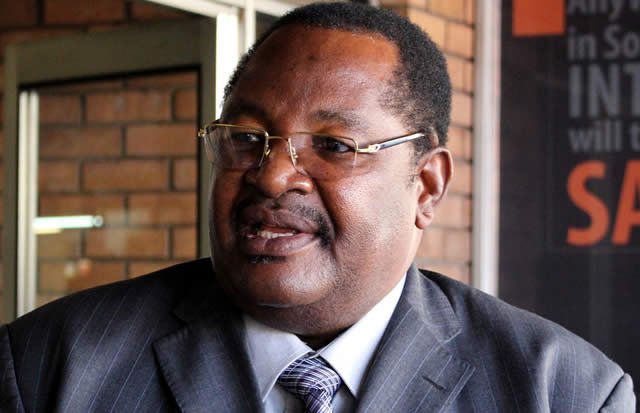On Wednesday, the US State Department’s Head of the Office of Sanctions Coordination Jim O’Brien told journalists during a briefing on Washington’s sanctions policy and recent changes to the Zimbabwe embargo that President Mnangagwa’s government was not showing any appetite for reforms.
Mr O’Brien, whose office was recently created to integrate US sanctions into its foreign policy, cited a recent incident — where US Senate staff members were allegedly harassed by Zimbabwe’s state security agents — as a sign of Harare’s unwillingness to re-engage.
According to US media, the state security agents secretly filmed the two US Senate officials who were having a meeting with a civil society activist at a café in Harare, leading to a dramatic car chase.
“These are public servants who are deeply committed to a stronger US relationship to Africa, and so the idea that a group of thugs in some cars would try to intimidate visiting US officials resonates incredibly poorly across Washington.
“Those are the acts of a government that doesn’t want to be engaged. They are not the acts of a government that’s looking to improve its relationship with the United States [and] also with the wider international community.
“So things like that need to stop, but mostly we want to see changes in the behaviour related to human rights abuses, anti-democratic behaviour and corruption,” Mr O’Brien said.
“What we are asking is that the Zimbabwean government takes meaningful, noticeable, material actions that strengthen the democratic processes, build the institutions and respect its constitution,” he added.
“We’d also like to see condemnation and prosecution for corruption and human rights abuses. Those are the things that will lead to people coming off the sanctions list, but they are also the actions that make it much easier for a broader engagement.
“The point of sanctions is to be part of broader policy, and the behaviours we want to see change are the ones that lead to sanctions, but they are also the behaviours that impede the ability of the governments to coordinate well.”
The US insists that its sanctions regime on Zimbabwe does not target the economy or ordinary people, but security, business and government figures linked to corruption and human rights abuses.








